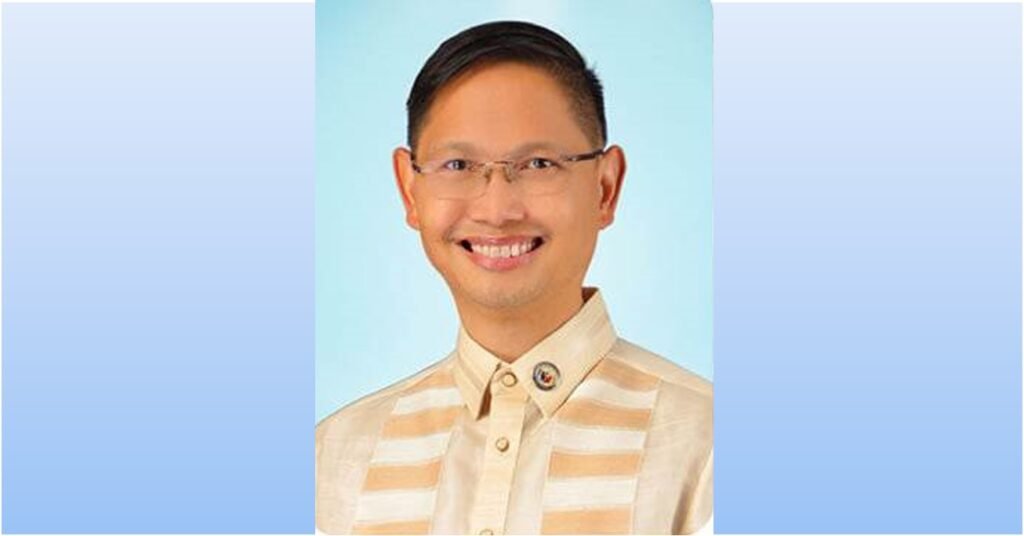Negros Occidental 3rd District Rep. Jose Francisco “Kiko” Benitez stressed the need for educational transformation as he listed three major contexts that demand careful consideration for the country’s education system.
First is the Fourth Industrial Revolution (4IR) and the VUCA, or Volatile, Uncertain, Complex, Ambiguous, world, considering the technological advancements, like artificial intelligence (AI) and the social media shaping the way we live and work.
Benitez, who spoke during the 2nd Lasallian Education Symposium, held at the University of St. La Salle in Bacolod City July 18, urged educators to “embrace the changes and adapt pedagogy to suit the evolving landscape.”

He added that there is need to recover from a learning setback due to the COVID-19 pandemic. The solon shared statistics that suggest a learning deficiency of up to six years post-pandemic, with only 10 percent of 10-year-olds reading at their appropriate grade level.
The third context is the need to reevaluate traditional models of education. With the pandemic shifting the dynamics of home life and increasing mental health issues among students, schools have taken on a more significant role in supporting socioemotional development. Benitez noted that a scarcity of guidance counselors poses a challenge in providing much-needed support to students.
“Schools have had to carry on that burden, that historically they were not doing in the past,” the solon said in a press release, and proposed major categories of intervention to strengthen the educational system in Negros Occidental,
First is to embrace the 4IR and VUCA world; second is to strengthen the academe-industry link to address the job skills mismatch between industry demands and academic preparation; and lastly, to adopt a lifelong-learning model.
“We must begin to think in terms of cultivating the entirety of the human, from prenatal to post-graduate and in work. The Philippine education system should take seriously a lifelong-learning model, and explore as many modalities as that might entail,” Benitez added.
Aside from the solon, the first day of the Lasallian Education Symposium was also joined by Dr. Karol Mark Yee, executive director of EDCOM II; Justin Raagas – executive director of PBEd; Dr. Raul Alvarez – director IV of CHEDRO; and Allan Arellano of CEAP. ||




